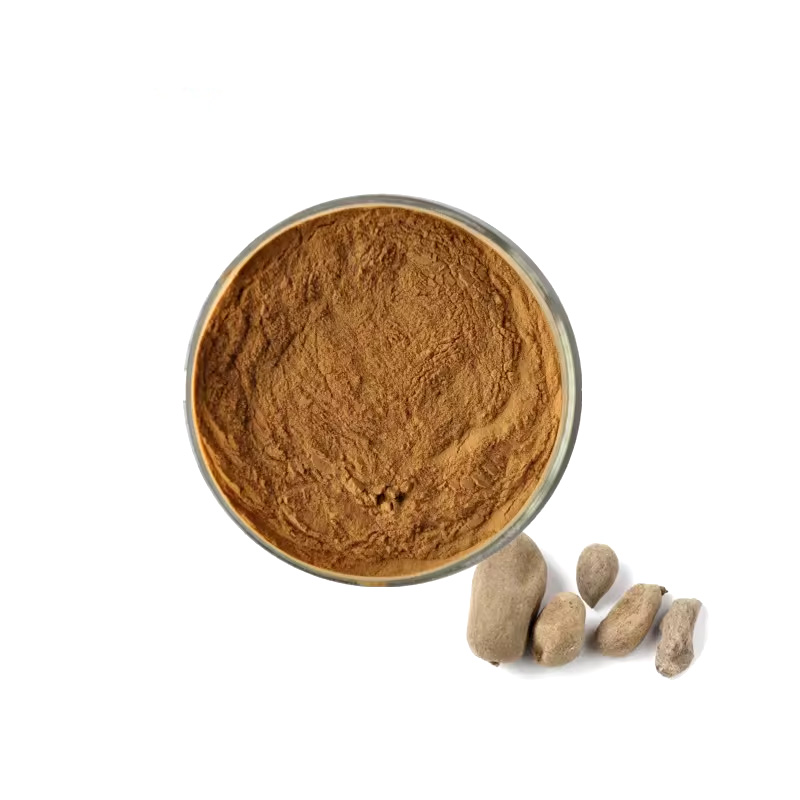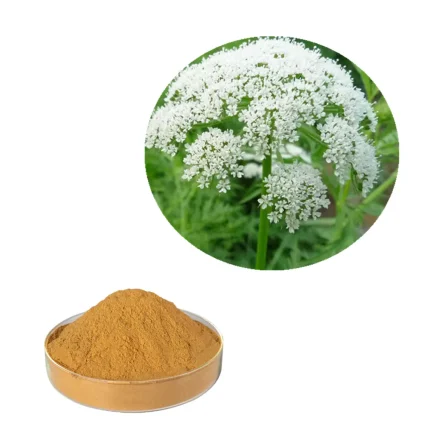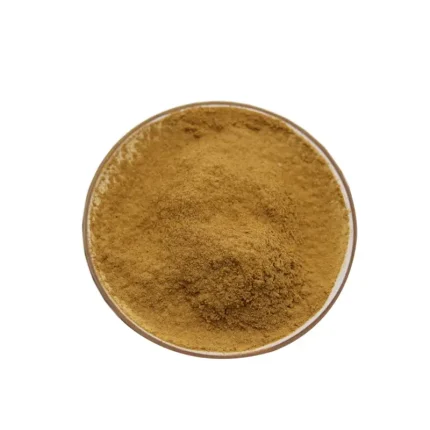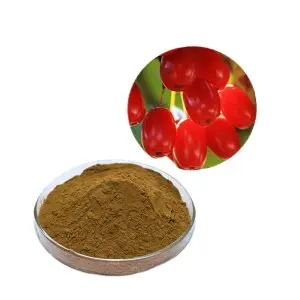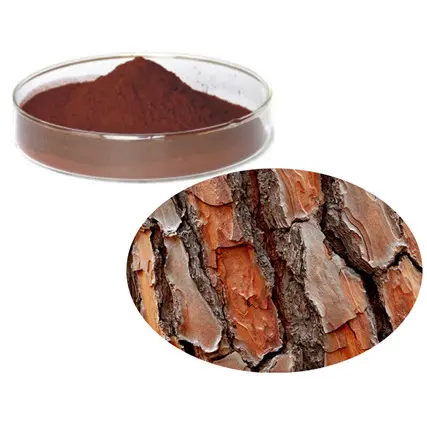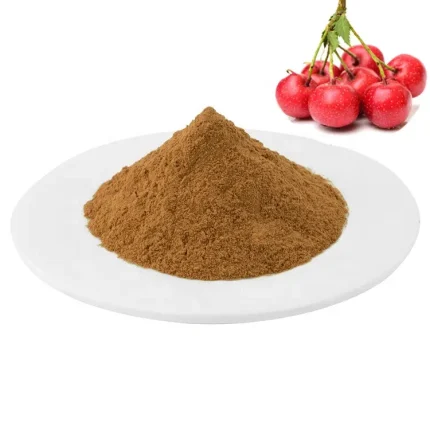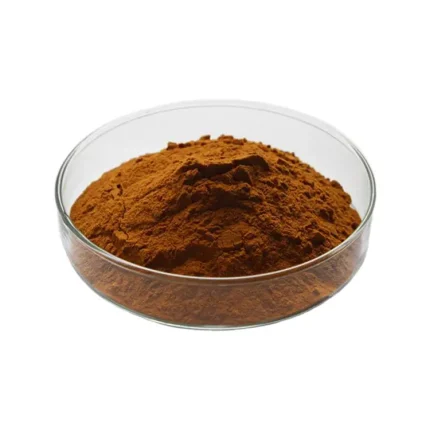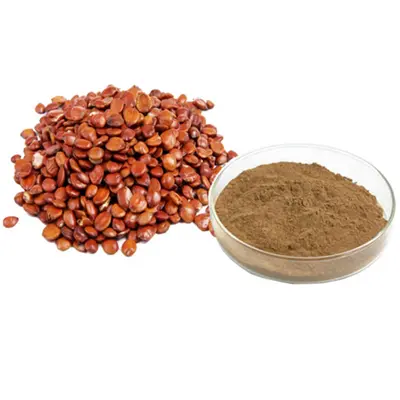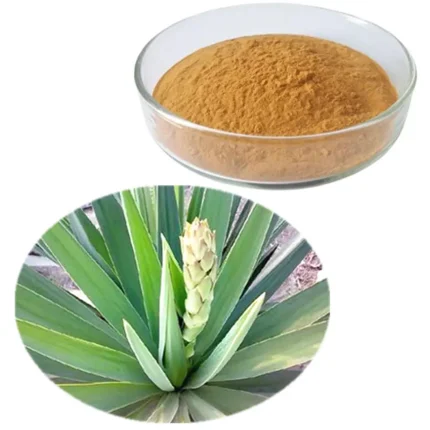Product Specifications
| Product Name | Tannic Acid |
| Latin Name | Rhus chinensis Mill. |
| Active Ingredient | Tannic Acid 50%, 96% |
| Appearance | Yellow Brown Powder or White Powder |
| Part Used | Insect Gall |
| Packaging Details | 25KG/Drum |
| Shelf Life | 3 Years |
As a B2B supplier, we offer high-quality tannic acid, known for its powerful antioxidant and anti-inflammatory properties that effectively protect cells and support overall health. It serves as a natural preservative in the food industry, extending shelf life, while improving skin texture in cosmetic applications due to its astringent characteristics. Our product meets USP43-NF38 and BP2017 standards, ensuring quality and reliability. By choosing our tannic acid, you not only receive a high-purity raw material but also benefit from exceptional customer service and technical support to help your products stand out in the market.
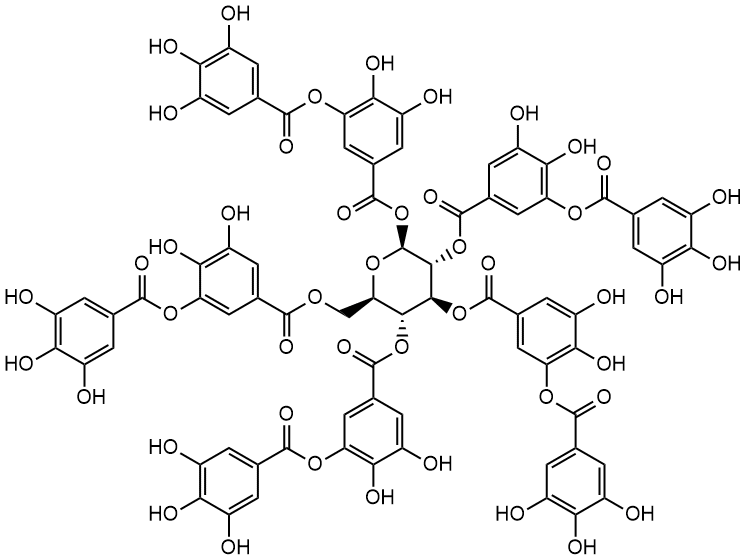
Tannic acid
Product Advantages
- Powerful Antioxidant: Known for its strong antioxidant properties, it helps neutralize free radicals and protects cells from oxidative stress.
- Anti-Inflammatory Effects: Exhibits anti-inflammatory properties that aid in reducing inflammation and supporting overall health.
- Digestive Health: Contributes to digestive health by promoting healthy gut flora and aiding in the absorption of nutrients.
- Skin Health: Often used in cosmetic formulations for its ability to tighten skin, reduce pore size, and enhance overall skin appearance.
- Preservative Properties: Serves as a natural preservative in food and cosmetic products, helping to prolong shelf life by preventing microbial growth.
- Wound Healing: May promote wound healing and skin repair due to its astringent properties, making it beneficial in topical applications.
Applications
- Food Industry: Utilized as a natural preservative to extend shelf life and enhance the quality of various food products.
- Cosmetics: Commonly found in skincare formulations for its astringent properties, improving skin texture and appearance.
- Pharmaceuticals: Used in medicinal formulations for its anti-inflammatory and antioxidant benefits, supporting overall health.
- Beverages: Often added to wine and tea for its flavor-enhancing and preservative qualities.
- Textiles: Employed in the tanning process of leather and other materials due to its binding properties.
- Agriculture: Acts as a natural pesticide and can enhance soil health by promoting beneficial microorganisms.

